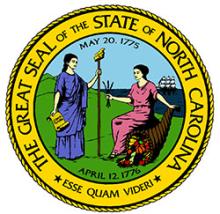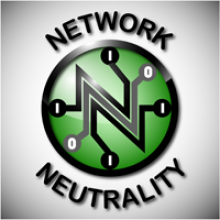North Carolina Files Petition Opposing FCC Ruling to End Anti-Muni Laws
It took a while, but the State of North Carolina finally decided to take its turn at the throat of the FCC. Attorneys filed a Petition for Review in the 4th Circuit Court of Appeals similar to the one filed by the State of Tennessee in March. The Petition is available for download below.
Our official comment:
"Attorney General Cooper must not realize the irony of using state taxpayer dollars to ensure less money is invested in rural broadband, but we certainly do," says Christopher Mitchell with the Institute for Local Self-Reliance. "State leaders should stand up for their citizens' interests and demand good broadband for them, rather than fighting alongside paid lobbyists to take away those opportunities."
Like Tennessee, North Carolina makes an attempt to stop the FCC's well-considered Opinion and Order by arguing that the FCC overstepped its authority in violation of the Consitution. The FCC addressed this argument in its Opinion and Order along with a myriad of other potential arguments. For detailed coverage of the FCC's well-considered decision, we provided information on highlights of the decision back in March.
According to WRAL, Wilson is taking the new development in stride:
The City of Wilson was not surprised that North Carolina sued.
"We are aware of the suit," said Will Aycock, who manages the Greenlight network. "We knew that this would be an ongoing process."
The Attorney general's has not contacted Wilson about the suit, he added.








